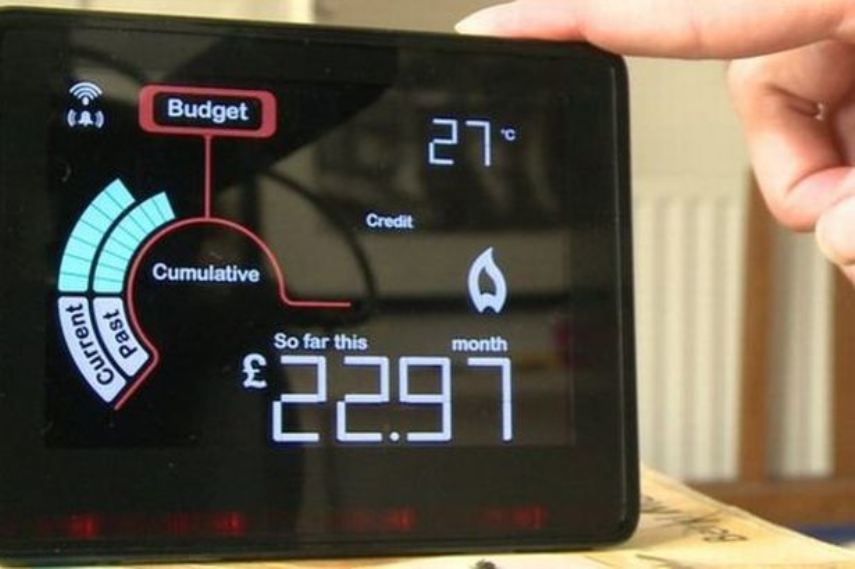
The roll-out of smart meters is at risk of going over budget and past its deadline and must be reviewed immediately, a group of MPs and peers has said.
The £11 billion project to place 53 million of the devices in 30 million homes and small businesses by 2020 has been “plagued by repeated delays and cost increases”, the head of the British Infrastructure Group of Parliamentarians (BIG) said.
The group also warned of high numbers of the devices “going dumb” after installation due to problems caused by switching provider or mobile data coverage.
The Department for Business, Energy and Industrial Strategy (BEIS) project is already being investigated for a third time by the National Audit Office (NAO), the public spending watchdog.
In a report backed by 93 parliamentarians, the BIG said suppliers were “almost certain” to miss the 2020 roll-out deadline and its benefits were “likely to be slashed even further”.
“Although the entire programme has been funded by customers through higher energy bills, unlike energy suppliers themselves, they are not presently guaranteed to see the majority of the savings that do materialise,” said the group’s chairman, Conservative MP Grant Shapps.
“This report… calls on the UK government to immediately review the progress of roll-out, and intervene to tackle its points of failure and risk.”
The report referred to a 2016 paper by the BEIS that said the expected saving on an annual dual fuel bill in 2020 has fallen from £26 to £11.14.
Meanwhile, costs are increasing, with installation costing £1 billion more than planned, threatening to eventually outstrip the £16.7 billion gross benefit the project was supposed to deliver.
The BIG said Government predictions that consumers would see savings of £300 million in 2020, rising annually after that, were “inflated”, “outdated” and “based on a number of questionable assumptions of personal, industry and environmental savings”.
Groundwork for the project began under Labour in 2008 and had been billed as having no downsides, with the technology helping consumers to reduce energy use and suppliers manage demand more efficiently.
In theory this would cut costs to suppliers and reduce consumer bills while being better for the environment.
However, suppliers have fallen behind schedule, with just over 11 million smart meters reported to have been operational by March 2018.
That leaves three years to fit more than 40 million by the 2020 deadline, equalling nearly 1.3 million a month. By April 2018 large suppliers were only managing to install around 420,000 a month.
The BIG also warned that suppliers were still rolling out “obsolete” first generation smart meters, which were supposed to have been succeeded by November 2016.
Meanwhile, more than half of the smart meters “go dumb” when a consumer switches provider – around 500,000 a year.
Poor mobile data signal in some areas can also cause the meters to “go dumb”, the group said.
The report says: “BIG fully supports the rationale behind the energy smart meter roll-out, and the goals it seeks to achieve.
“Without urgent action, however, it believes the roll-out could become yet another large-scale public infrastructure project delivered well over time and budget, and which fails to provide the expected consumer benefits.”
Recommended for you
